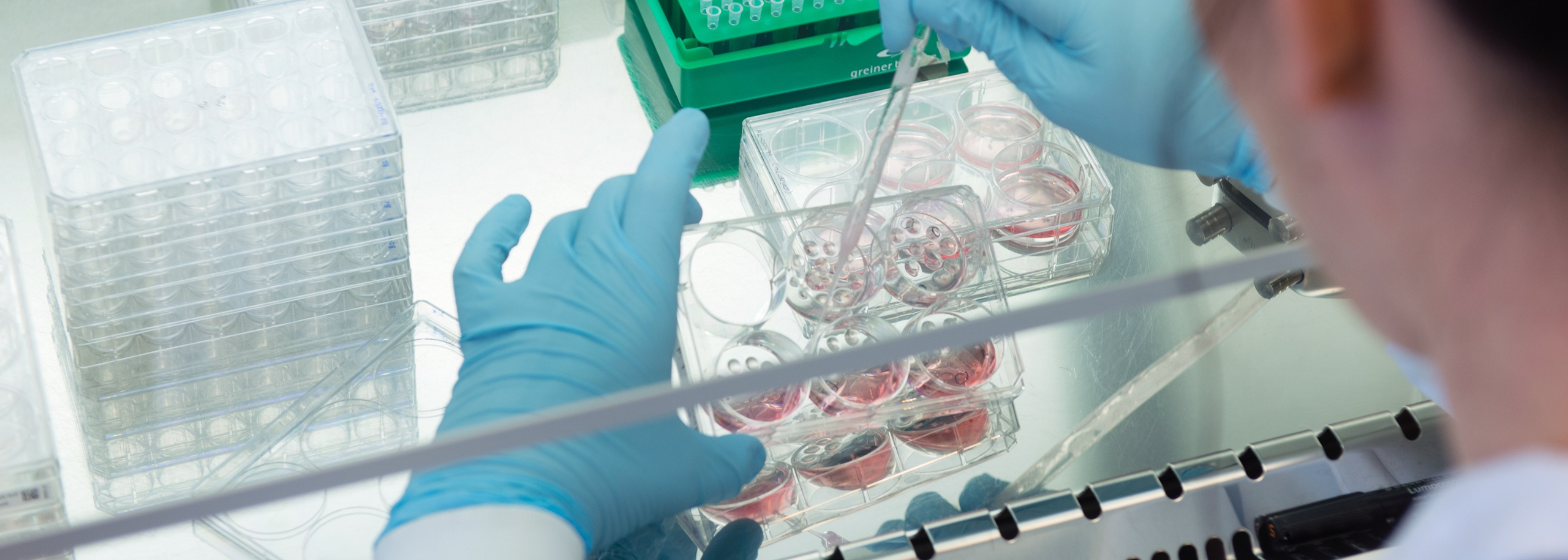Press Release
A new Center for Animal-Free Biomedical Translation will receive EUR 170 million from the National Growth Fund to accelerate the transition to animal-free research over the coming ten years for safer, more effective, and better treatments with less animal suffering.
Utrecht, June 30th 2023 – With the grant from the National Growth Fund, the Center for Animal-Free Biomedical Translation (CPBT) will accelerate the transition to animal-free biomedical innovations. This offers economic and social benefits: improved medicines, medical products and food, with fewer animal tests.
Poor predictor and expensive development
Often, the results obtained from animal experiments can only be translated to humans to a limited extent, if at all. In nine out of ten biomedical development pathways, it was only during studies with patients that animal experiments failed to show a therapeutic effect in humans. This increases the cost of developing new medicines and food by billions and causes unnecessary animal suffering. Every year, 450,000 animal tests are conducted in the Netherlands alone. This number has not decreased over the last ten years.
New center for revolutionary change
Together with more than 40 national and international parties, the CPBT is creating a center for the development and dissemination of animal-free innovations and expertise. The CPBT will start with 4 targeted transition trajectories (ALS, lower back pain, cystic fibrosis, and protein transition & food allergy). The CPBT will implement the developed methods, tools, and expertise together with researchers and industry partners. The new center offers education, training, advice, and support to enhance the acceptance and use of animal-free biomedical innovations. The CPBT is an integrated program that accelerates the transition to animal-free and strengthens the Netherlands’ earning capacity.
Social and economic impact
Prof. Wouter Dhert, part of the strategic theme Life Sciences at Utrecht University and UMC Utrecht, and one of the initiators of the CPBT, says: “If we show that economic added value is linked to a better translation of biomedical innovation for patients or consumers, resulting in fewer laboratory animals, the Netherlands will secure a unique leading position globally.”
Co-initiator Prof. Daniela Salvatori, Faculty of Veterinary Medicine at Utrecht University, explains: “There is a significant global need to reduce the number of laboratory animals. For instance, consider the FDA Modernization Act 2.0 recently signed by President Biden, which paves the way for new drugs to enter the market without animal testing. Much is happening! It is therefore crucial to prepare our professionals with sound education and training.”
About the Center for Animal-Free Biomedical Translation
The Center for Animal-Free Biomedical Translation (CPBT) is an initiative of Utrecht University, UMC Utrecht, Hogeschool Utrecht, and the National Institute for Public Health and the Environment (RIVM). The initiative has more than 40 national public and private partners, including Danone, HESI, Maastricht University, Dutch Cystic Fibrosis Foundation, MIMETAS, Princess Máxima Center for Pediatric Oncology, ALS Netherlands Foundation, Foundation Proefdiervrij, TNO, TU/e, UMCG, and ZonMW. The growth fund proposal was submitted by the Ministry of Agriculture, Nature, and Food Quality.

